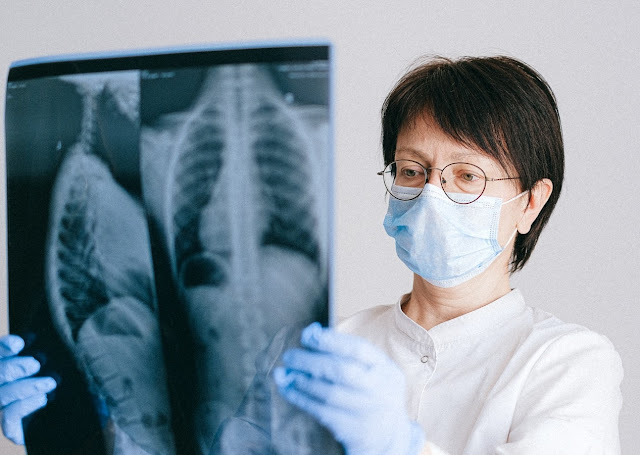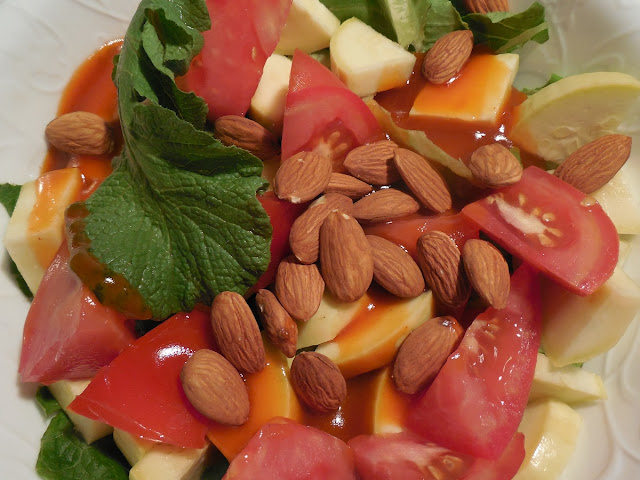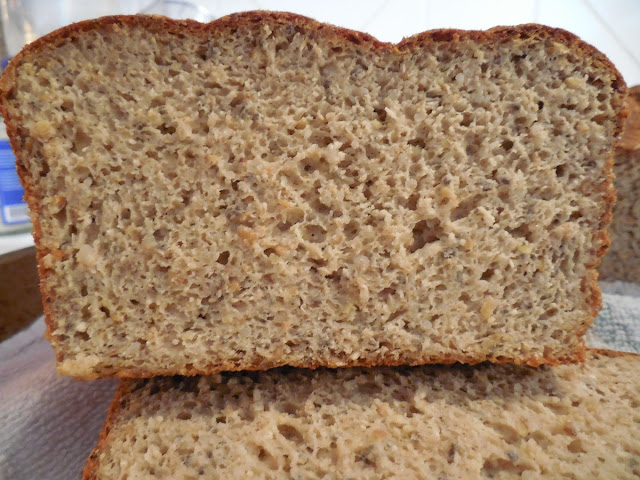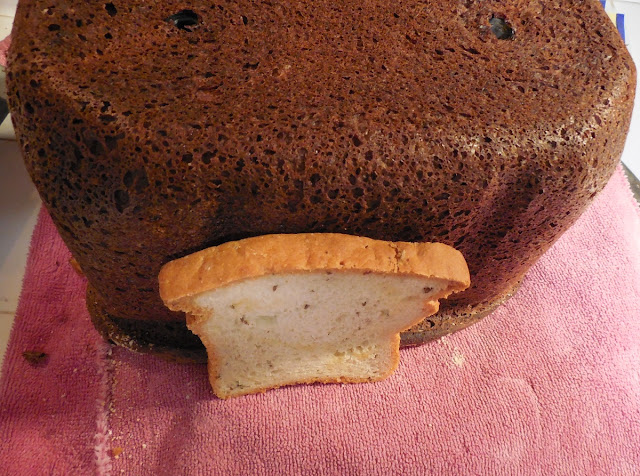News: Clinical Trial in Phase 2 is Testing a Vaccine for Celiac Disease
There is a significant news release today about a Phase 2 trial for a vaccine that might remove the fear of accidental gluten ingestion for millions of people with Celiac Disease. Many countries have done studies of the wellbeing of Celiac patients and discovered that the fear of accidental ingestion is the largest contributor to overall lowered wellbeing for people with Celiac Disease. Especially teenagers, who struggle to maintain a social life while being severely limited in what they can eat and drink.
https://globenewswire.com/news-release/2018/10/30/1639162/0/en/ImmusanT-Initiates-Phase-2-Enrollment-for-its-Lead-Therapeutic-Vaccine-Candidate-in-Patients-With-Celiac-Disease-in-Australia-and-New-Zealand.html
The company is called Immusan T and you can enroll in the US, Australia or New Zealand.
Where to apply for enrollment: https://www.clinicaltrials.gov/ct2/show/NCT03644069?term=NCT03644069&rank=1
The name of the product is currently "Nexvax-2"
Note that usually, you must have endoscopy-proven Celiac Disease to participate in these studies. So people like me are left out. But hopefully it will be permitted to vaccinate the much larger group of people who have problems with gluten but for one reason or another aren't endoscopy tested. For me, for instance, my gastro has said gluten challenge may do more harm than good.
Another thing you should know, I'm not sure what process was used to create this vaccine. There is some reasonable argument against vaccines that were passed through animal tissues and may be contaminated with animal blood carrying endogenous animal viruses. It's a very technical issue, but I think it's a valid concern if you have chronic fatigue that is disabling.
In my experience, many vaccines make me feel great, for example, the pneumonia vaccine greatly benefited my health. But the MMR vaccine seemed to make me ill for months. You know your body best, so don't let anyone browbeat you. If this is a concern for you, I'd encourage you to ask respectful questions about how the vaccine is made, and make up your own mind about it.
If you have confirmed Celiac disease, I'd encourage you to apply for the study. The more options for treatment there are, the more people can function normally while managing Celiac Disease. Let's all hope for a positive outcome of this study.
Update November 7, 2018: I can't say I agree with what is being said in the news about the vaccine right now. I think it's dangerous to talk about 'restoring normal gluten tolerance' before you've even recruited everyone. I'm a carrier of HLA-DQ8 and do not carry -DQ2 at all. It's important to remember that there are hundreds of genes involved in Celiac Disease, but only two are considered predictive. This vaccine is going to address the reactions due to one of these genes.
Even if we limit the vaccine to those who carry HLA-DQ2, that would mean genotyping every Celiac disease patient and then, if they have that gene, the vaccine can be considered for them. It's a definite step in the right direction. But it's too soon to talk of cure. And the distinction between the two 'primary' genes is likely to get lost in the shuffle, because insurers will have to pay for the vaccine, but they may balk at the cost of genotyping patients.
That situation works out fine for the drug company, but doesn't actually help the Celiac community. People will wonder why it didn't work for them. I think we should hope for the best, but remain cautious about calling it restorative, which is just another word for cure. We should proceed with all due caution and not overstate expectations.
https://globenewswire.com/news-release/2018/10/30/1639162/0/en/ImmusanT-Initiates-Phase-2-Enrollment-for-its-Lead-Therapeutic-Vaccine-Candidate-in-Patients-With-Celiac-Disease-in-Australia-and-New-Zealand.html
The company is called Immusan T and you can enroll in the US, Australia or New Zealand.
Where to apply for enrollment: https://www.clinicaltrials.gov/ct2/show/NCT03644069?term=NCT03644069&rank=1
The name of the product is currently "Nexvax-2"
Note that usually, you must have endoscopy-proven Celiac Disease to participate in these studies. So people like me are left out. But hopefully it will be permitted to vaccinate the much larger group of people who have problems with gluten but for one reason or another aren't endoscopy tested. For me, for instance, my gastro has said gluten challenge may do more harm than good.
Another thing you should know, I'm not sure what process was used to create this vaccine. There is some reasonable argument against vaccines that were passed through animal tissues and may be contaminated with animal blood carrying endogenous animal viruses. It's a very technical issue, but I think it's a valid concern if you have chronic fatigue that is disabling.
In my experience, many vaccines make me feel great, for example, the pneumonia vaccine greatly benefited my health. But the MMR vaccine seemed to make me ill for months. You know your body best, so don't let anyone browbeat you. If this is a concern for you, I'd encourage you to ask respectful questions about how the vaccine is made, and make up your own mind about it.
If you have confirmed Celiac disease, I'd encourage you to apply for the study. The more options for treatment there are, the more people can function normally while managing Celiac Disease. Let's all hope for a positive outcome of this study.
Update November 7, 2018: I can't say I agree with what is being said in the news about the vaccine right now. I think it's dangerous to talk about 'restoring normal gluten tolerance' before you've even recruited everyone. I'm a carrier of HLA-DQ8 and do not carry -DQ2 at all. It's important to remember that there are hundreds of genes involved in Celiac Disease, but only two are considered predictive. This vaccine is going to address the reactions due to one of these genes.
Even if we limit the vaccine to those who carry HLA-DQ2, that would mean genotyping every Celiac disease patient and then, if they have that gene, the vaccine can be considered for them. It's a definite step in the right direction. But it's too soon to talk of cure. And the distinction between the two 'primary' genes is likely to get lost in the shuffle, because insurers will have to pay for the vaccine, but they may balk at the cost of genotyping patients.
That situation works out fine for the drug company, but doesn't actually help the Celiac community. People will wonder why it didn't work for them. I think we should hope for the best, but remain cautious about calling it restorative, which is just another word for cure. We should proceed with all due caution and not overstate expectations.




